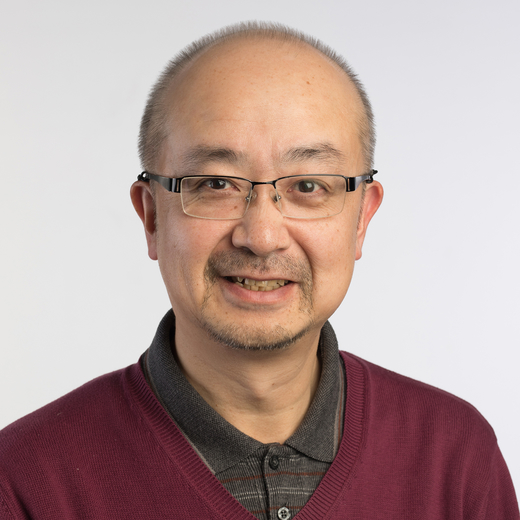How chromosomes become prepared for segregation in mitosis

Prof Tomoyuki Tanaka, FRSE, Molecular Cell and Developmental Biology, University of Dundee
Host: Prof Carlos Penedo
11th April, 1 pm, School of Physics and Astronomy, Lecture theatre C
To maintain genetic integrity, a whole set of chromosomes must be inherited by daughter cells when cell division occurs. This process relies on chromosome segregation in mitosis. Errors in chromosome segregation would cause cell death and various human diseases such as congenital disorders and cancers. My talk will focus on two major events of chromosome preparation for segregation, which occur in early mitosis (prophase and prometaphase) – first, chromosome re-organization involving resolution and compaction of sister chromatids; second, interactions between chromosomes and the mitotic spindle, which provide forces for chromosome segregation later in mitosis.
To analyse sister chromatid resolution and chromosome compaction, we developed a novel real-time live-cell assay in human cells (Eykelenboom et al 2019; PMID 30858191). This study and our subsequent work suggest that the two processes should be temporally coordinated to ensure correct chromosome segregation. I will discuss how these two processes are coordinated by the protein complexes condensin I and II, and what is the outcome if this coordination is impaired. Furthermore, we have been studying how kinetochores on chromosomes interact with spindle microtubules in budding yeast. To ensure correct chromosome segregation, sister kinetochores must interact with microtubules from the opposite spindle poles; this state is called chromosome biorientation. To achieve this, aberrant kinetochore-microtubule interactions must be removed through the turnover of these interactions (Doodhi et al 2021; PMID 33851957). Then, when biorientation is established, tension is applied to kinetochore-microtubule interactions, which stabilises these interactions (Li et al 2023; PMID 37788666). I will discuss our recent findings on the mechanisms promoting chromosome biorientation.
